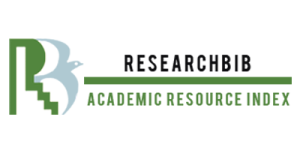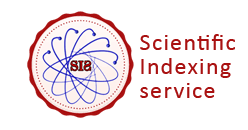
Oumarou MAL MAZOU & Carlos DJOMO TIOKOU
Editorial. Stronger than the pandemic
Jean-François ALLAIN
De la traduction manuscrite à la traduction neuronale. Évolution ou révolution ?
María Isabel RIVAS GINEL
Ergonomics of tools usage for video game localisation:
a user survey
Marie-Évelyne LE PODER
Traducción de las obras poéticas:
una visión de la labor del/de la traductor/a
Amal ARRAME
La traduction littéraire de l’idiomatique :
clivage ciblistes/sourciers
Bérengère DENIZEAU
Traduction juridique, traduction littéraire, similitudes et divergences
Edmond KEMBOU
Les perspectives textuelles dans l’analyse de texte en traduction
Micol BEZ & Angelo VANNINI
Traductibilité et différence épistémique.
Penser la traduction avec Gramsci
Caroline RICHARD
Traduire les émotions anciennes :
enjeux anthropologiques de la diffusion des textes
Alina KORNIENKO
Traduire l’oralité au théâtre du langage
Carlos DJOMO TIOKOU
Christiane Nord (2020). La Traduction : une activité ciblée. Introduction aux approches fonctionnalistes. Liège : Presses universitaires de Liège, 200 p.
>Critic is an innovative scholarly journal which covers a wide range of interesting topics, from literary translation to audiovisual and multimedia translation through language technologies, translator training, conference and community interpreting, and intercultural communication. The journal is interested in anything related to languages, translation, culture, and multilingual communication. Published annually, it includes articles and book reviews spanning through the whole translation studies spectrum.
EDITORS
EDITORIAL TEAM











Check out all the resources you need, as a prospective author, to submit your articles and proposals for guest-edited volumes.
Interested in helping our editorial team? We are always glad to welcome new proofreaders, DTP assistants or social media ambassadors.
Do you want to enjoy all the benefits of being a member of the ACTRA-CATRAS? Well, we are looking forward to welcoming you on board 🙂